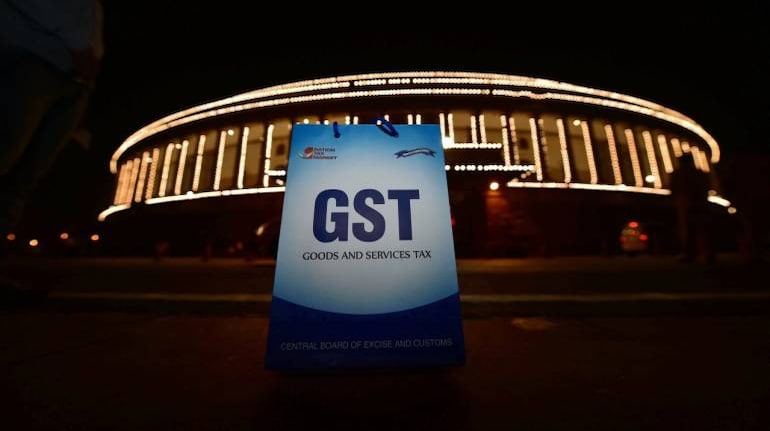



Kerala would need to bring in legislative changes to deviate from the Goods and Services Tax (GST) Council’s decision on taxing pre-packed and labelled staples and the matter should also trigger the council’s dispute resolution mechanism, tax lawyers and experts have said.
The GST Council in June tweaked the norms to impose a 5 percent tax on pre-packaged and labelled pulses, cereals, flour and other items for packs of up to 25 kg. These staples when sold loose continue to be exempt from GST.
Kerala Finance Minister KN Balagopal on July 19 said the state does not intend to tax staple items sold in 1 or 2 kg packets by entities like Kudumbashree, a women’s self-help group, or by small stores.
While the decision might lead to issues with the Centre, the minister said the state was not ready to compromise. Kerala’s ruling coalition led by the Communist Party of India (Marxist) has said that the claim that there was no opposition to the rate hikes is untrue.
This call by the state could open the floodgates to more states seeking waivers for certain items and destabilise the rate-setting body which has, so far, been largely deciding matters on the basis of consensus, experts said.
“If tomorrow a state legislature wishes to differ from the unanimity, can they do it? Theoretically, yes. They have the power by adding a proviso or a section in the state GST act. But will this be in conformity with how GST has been envisaged? The answer is no,” said Kumar Visalaksh, partner, Economic Laws Practice.
The Supreme Court in the Mohit Minerals case had gone into the powers of the GST Council and ruled that its recommendations are not binding on state legislatures. However, the court also said that sections where it is clearly provided that actions are to be taken based on GST Council recommendations will be binding on the state executive.
“These are rate, exemption notifications which should be binding on state governments by implication of this ruling, especially since the legislature does not itself notify the rates and exemptions,” Visalaksh said.
As Kerala does not wish to differ from a legislation, but rather from a notification that is binding on it, the state would need to pass legislation that would exempt staples up to a certain weight from any tax, a tax expert said.
“There is no manner in which today one state can go against the recommendations of the GST council. If 67 percent of the council members agree, then it is binding on everybody else. Once that is done, no state can go back and say I am not going to implement it,” the expert, who did not want to be named, said.
The Centre has said that recommendations of the GST Council pertaining to rules, notifications and rates are binding on the states, according to a parliamentary response on July 19.
Over a thousand decisions have been taken by the GST Council over the last five years and only one of them had required voting, and even then, the dissenting states had implemented the recommendation of the council, the government said.
The GST Council was due to meet in early August in Madurai, Tamil Nadu, to discuss a limited agenda but the meeting could be delayed.
Dispute resolution mechanism
If Kerala does indeed want to go ahead, it would need to also take up the matter in the yet-to-be constituted dispute settlement mechanism, lawyers said.
“While states will deviate in a few cases, the more interesting aspect will remain on what grounds will states deviate from other states and if there is a deadlock, then what happens,” said Abhishek A Rastogi, partner at Khaitan & Co.
The state, if it wishes to deviate, can exempt these items through legislation but will first have to go to the specially constituted body for dispute resolution, he added.
The GST Council’s structure provides for a federally balanced mechanism, wherein the recommendations of the GST Council are not based on a unanimous decision but on a three-fourths majority of the members present and voting, where the Centre’s vote counts as one-third, while the states’ votes have a weightage of two-thirds of total votes cast.
“The way the GST Council functions, it has to work in unison and in harmony. In case there is a dispute between the council members, the council will have to evolve a mechanism to resolve those issues,” said Jatin Arora, partner at Phoenix Legal.
“There could be some challenge to the Kerala decision but who will do it, that’s the point. If it is only one state, the GST Council mechanism should kick in and they would want to resolve that within the council,” he added.
Discover the latest Business News, Sensex, and Nifty updates. Obtain Personal Finance insights, tax queries, and expert opinions on Moneycontrol or download the Moneycontrol App to stay updated!